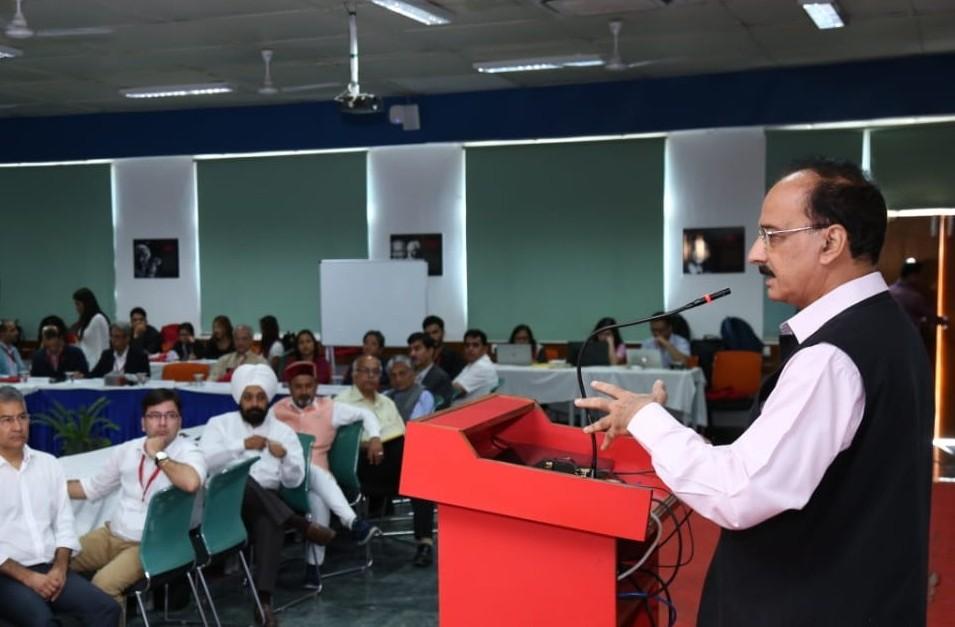Sustainable Mountain Development Summit begins to discuss environmental issues

- Country:
- India
A three-day seventh edition of the Sustainable Mountain Development Summit, representing nearly 12 Himalayan states, began at Shoolini University near here on Thursday to discuss issues relating to the region, mainly climate change.
The summit would come out with recommendations which would be placed before the conclave of chief ministers representing the Himalayan states in Shimla on Friday.
State Horticulture Minister Mahender Singh Thakur, while inaugurating the summit, said there were several challenges faced by farmers and horticulturists in the Himalayan region.
He pointed out that they faced frequent natural calamities particularly due to climate change.
Besides, he said, they face the menace of monkeys, which destroy their crops, as well as wild animals.
He pointed out that the production of fruit and vegetables has fallen considerably in Himachal Pradesh.
He emphasised the need for newer technologies and ideas to improve productivity and urged the agriculture experts to reach out to the farmers at the grassroots and to guide the governments to implement effective policies for the upliftment of mountain farmers.
"The experts must come out with practical solutions," he added.
Former state Chief Secretary Vineet Chaudhry, who was the guest of honour, said the Himalayan region was facing serious problems.
"We must get to the root causes behind agricultural distress."
He said the research was needed for efficient apple marketing and suggested a re-look at some of the central schemes.
President of Integrated Mountain Initiative Sushil Ramola said the next generation of farmers would redefine agriculture.
"The next generation of farmers are agri-entrepreneurs who are educated, tech-savvy and will bring scientific techniques to agriculture in the mountains for better yield with improved efficiency."
International Centre for Integrated Mountain Development, Nepal Deputy Director General Eklabya Sharma said the Hindu-Kush Himalayas are a global asset with four out of the total 36 global biodiversity hotspots.
"We need to move from the perspective of vulnerability to adaptability to sustain the Himalayan biodiversity," he said.
Mustafa Khan, Project Leader, Indian Himalayas Climate Adaptation Programme, Swiss Development Corporation of Switzerland, said the sheer diversity of crops in the mountain regions is one of the biggest strengths of mountain agriculture.
(With inputs from agencies.)










